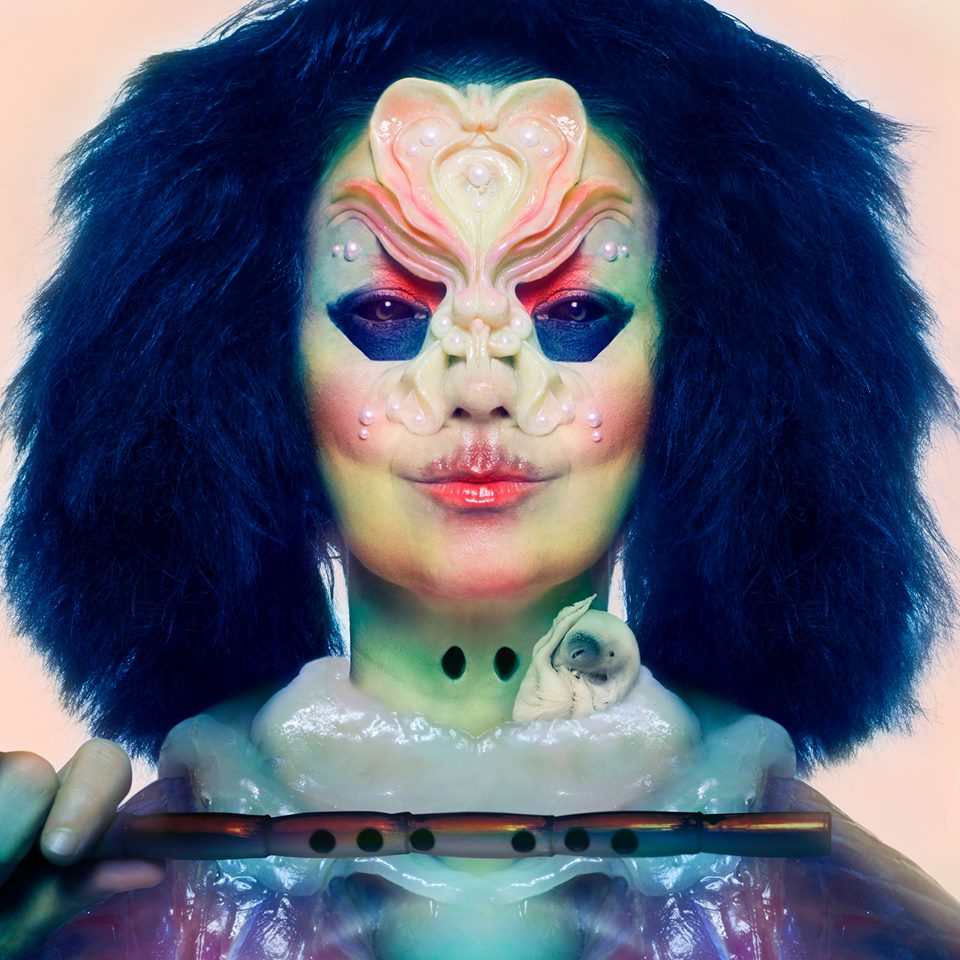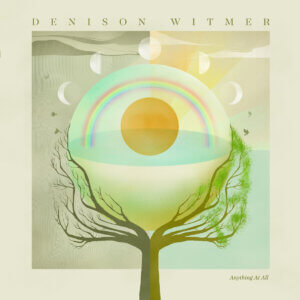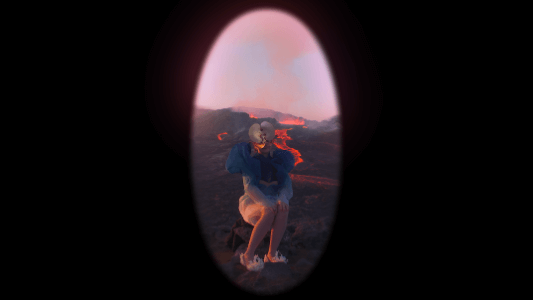
8.5
Utopia
Björk
Björk is not easy listening. Her music demands your full attention: don’t think you can just leave it on autoplay while you browse the Internet. The Icelandic singer has always divided listeners, but pretty much everyone can agree that she’s impossible to ignore. Even for diehard Björk fans, the idea of a 70-minute album sounds like a tall order — is it possible to have too much Björk? Thankfully, the answer is no. Utopia is never anything other than engaging and immediate. Across 14 tracks, the longest of which spans 10 minutes, the singer expounds on everything from the loss of her husband to the bloom of new love to a dream of a utopian society that corrects the mistakes of centuries of patriarchy. It is a challenging and brash opus.
One of the first things you notice about Utopia is just how much is going on at every moment. There are strings and delicate vocals that remind of 2015’s Vulnicura, harps and playful flutes that hearken back to Vespertine, and insistent drum machines and bass that recall the ice cold atmosphere of her masterpiece, Homogenic. Her vocals, always the centre of attention, range from gentle coos to energetic yelps. It’s a cliche to call it another instrument, but there’s no other way to put it: Björk’s command over her voice meshes it seamlessly into each track, even when it seems to be on an entirely different wavelength. This contrast between vocal delivery and backing track makes Utopia feel like two different patterns stitched together, making a beautiful quilt of sound.
Björk described Utopia as her “Tinder album” in interviews, and while its emotional heft reaches far beyond a swipe to the left, the curiosity and daring of an online dating app can easily be found in the album’s more exploratory cuts, from the mp3 swapping lovers of “Blissing Me” to the passionate kiss that centres “Arisen My Senses.” Field recordings of chirping birds and references to the landscape ground the album, such as the singer surveying a cliffside and cursing “this fucking mist” in album centrepiece “Body Memory.” While Utopia spends much of its time among the clouds, it’s grounded by these references and by the physicality of Björk’s voice.
Ultimately, the main theme of Utopia is longing: for the joy of a new love, for a release from heartbreak, for a world unshackled by the bounds of patriarchy and political corruption. Björk dares to dream of a world where she’s free to grow and evolve regardless of these limitations, and her music soars untethered, a whirlwind of musical motifs and ideas explored to their logical limit. While some listeners may find the album less eclectic and varied than her previous work, the sonic consistency of Utopia works in its favor, making the hour-plus-long journey seem like a single unbroken experience. Björk’s confidence and theatricality are in full form here, and the majority of Utopia’s experiments succeed. It’s encouraging that, nine albums in, Björk still has so much to say, and the vision and talent to say it so well.
Words by Max James Hill
Latest Reviews
Tracks
Related Albums
Related News
Advertisement
Looking for something new to listen to?
Sign up to our all-new newsletter for top-notch reviews, news, videos and playlists.












